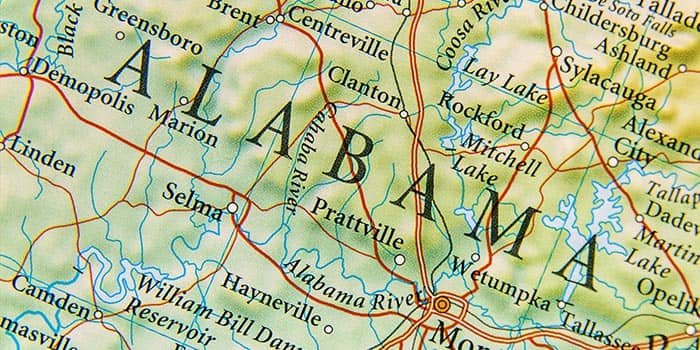The issue of unauthorized wagering is once again under the scrutiny of Alabama’s lawmakers. The state is grappling with unchecked illegal gambling and legislators feel there is a necessity for comprehensive and powerful measures to put an end to this. Lawmakers are expected to continue this pursuit in the upcoming regular legislative session. However, the outcome is uncertain due to the need for close collaboration between state and local authorities and successful enforcement of anti-gambling laws.
To develop effective measures against unauthorized wagering, Alabama set up an ad hoc committee during the last summer. The nine-member committee, all from the House, is mandated to assess the state’s gambling sector. It is ultimately anticipated that the committee will submit a proposal outlining modifications to the anti-gambling regulations.
Rep. Andy Whitt, who is part of the committee, in an interview with 1819 News, stated that there are about 500 gaming establishments spread across the state’s 67 counties. Whitt queried the counties’ sheriffs about the presence of gaming activities, but received only minimal responses. He emphasized the importance of abolishing illegal gambling, asserting, “My main aim has always been to halt these unauthorized gaming operations and external entities entering the state.”
The Enforcement of Anti-gambling Laws Must be Effectual
The existing laws in Alabama forbid most types of gambling. However, as per Whitt, around 20 constitutional amendments are interpreted and implemented differently by district attorneys and sheriffs. He likens the current situation to the prohibition era, labeling it as the ‘Wild West’ in the context of Alabama’s gambling scene.
Attorney General Steve Marshall concurred with Whitt, pointing out that law enforcement differs across the state. In his view, for the successful elimination of unauthorized gambling and proper implementation of anti-gambling statutes, a tight-knit alliance among local and state agencies is necessary.
“A combined effort from state and local officials is essential for enforcing Alabama’s anti-gambling laws.”
Attorney General Steve Marshall
Marshall noted that counties that have fostered such a relationship between authorities effectively combat gambling. He also endorsed the concept of having influential leaders in every county, a move likely to significantly boost the execution of anti-gambling laws.
Aside from effective collaboration, as per Whitt, the establishment of a state gaming commission is imperative to efficiently address the gambling issue in the state. A commission of this nature would be equipped to successfully enforce potential new laws. Simultaneously, Whitt underscored the importance of raising the penalties for illegal gambling, a step that could act as a deterrent.







